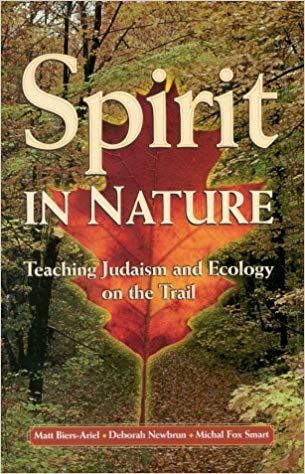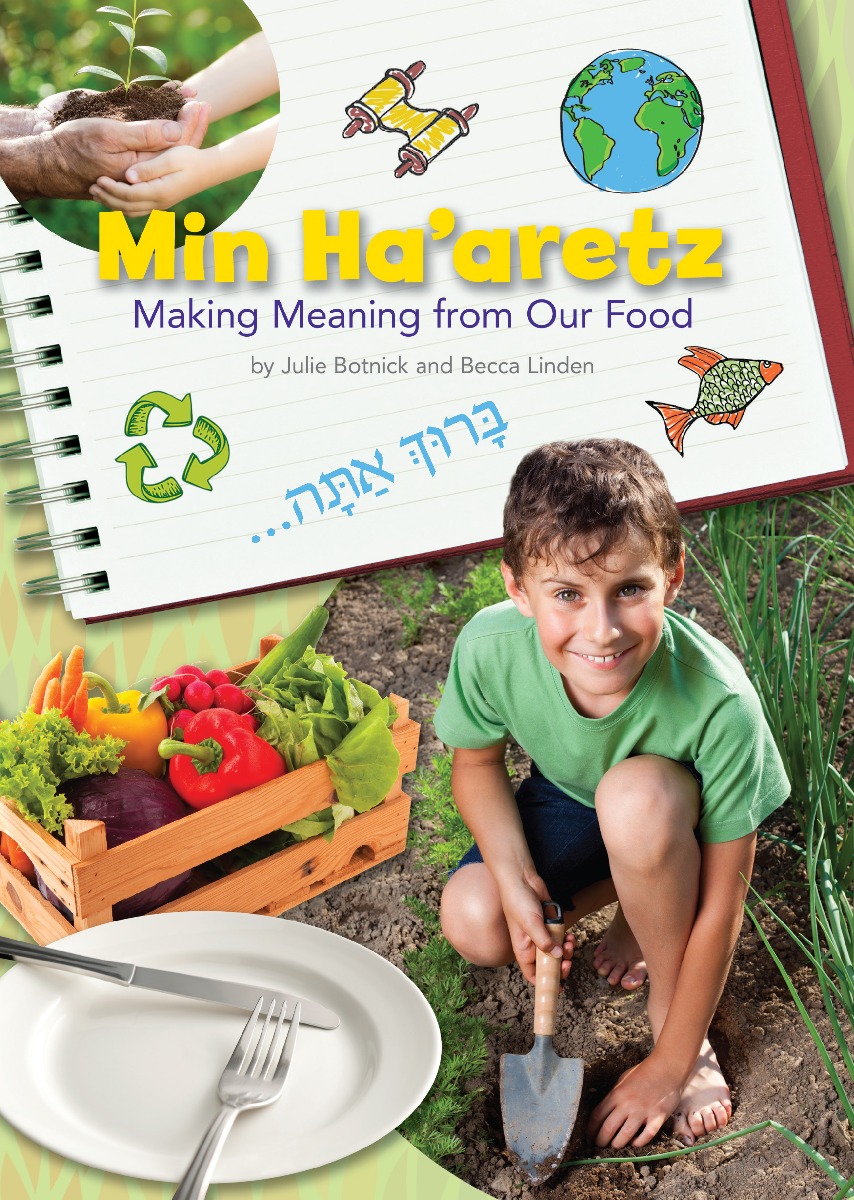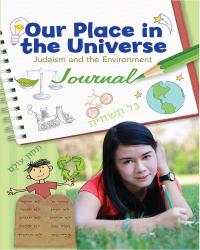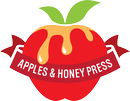Tu BiShevat's Coming: Three Excellent Books on Judaism and Ecology
This review was previously published by JewishMediaReview.
 Spirit In Nature: Teaching Judaism and Ecology on the Trail
Spirit In Nature: Teaching Judaism and Ecology on the Trail
Behrman House. Paperback. $15.95. 79 Pages. ISBN: 978-0-87441-686-2.
Divided into six chapters--including "Trees: The Torah of Life," "Opening Our Eyes to Miracles," and "Ma'ariv Aravim: Blessing the Night"-- Spirit in Nature's 27 activities are designed to enhance environmental awareness from a Jewish perspective.
Through these activities, hikers of all ages will come alive to the miracle of God's creations. They focus on the marvels of nature: hosts of tiny creatures living in the soil, the rainbow of colors embellishing fields and trees and stones, the intricate interdependence of plants and animals. Each discovery celebrates the divine spark that exists within every living creature and every object found in the natural world.
Building on Jewish sources and Jewish tradition, Spirit in Nature fosters respect for flora, fauna, and natural phenomena and shows how to sanctify them with the appropriate prayer, such as the blessing recited upon seeing a rainbow or upon smelling a fragrant plant. This pioneering work will awaken hikers to the wisdom of Jewish tradition in its dedication to safeguarding and preserving the bounty of God's creation.
An index highlighting the connection between key Jewish values and the environment makes Spirit in Nature an effective classroom tool.
A "must-have" for camp directors, counselors, teachers, rabbis, parents, youth group leaders, and community center workers.
 Min Ha'aretz: Making Meaning from Our Food
Min Ha'aretz: Making Meaning from Our Food
72 Pages. $9.95. Grade Level: 6-8. Paperback. ISBN: 978-0-87441-938-2.
Min Ha’aretz fosters discussion of the ways both contemporary and Jewish values can help us make choices. Humanity's relationship to the foods we eat has been a concern of Judaism from our earliest writings. Using those classic texts as a starting point, Min Ha’aretz guides students through a myriad of food related issues and dilemmas of our time.
Min Ha’aretz fosters discussion of the ways both contemporary and Jewish values can help us make choices. For example, the dilemma of whether to eat meat, and if so, how much and what kind, is discussed both from a modern values perspective (factory farming, sustainability) as well from a Jewish values point of view (caring for animals or tza’ar ba’alei hayim). The journal also helps connect students to the spiritual meanings that we can gain through our food choices. For example, the Jewish value of sh’mirat ha’guf, (caring about our health) can help us choose to eat in moderation, be more aware of where our foods come from, and help us have gratitude for the food we are able to enjoy and partake of.
CONTENTS:
To Grow
1 Planting Seeds
2 Caring for the Land
To Harvest
3 Our Daily Bread
4 Jewish Food around the World
5 Food Miles
To Raise Animals
6 Animals and Us
7 Kashrut
To Eat
8 Blessing the Meal
9 Sharing Food
To Sustain
10 Reduce, Reuse, Recycle
11 Caring for Our Bodies
12 Moderation
Bringing It All Together
Written by Hazon, the leading Jewish sustainability organization in North America, which stands at the forefront of a new Jewish food movement. It combines the wisdom of ancient tradition with contemporary knowledge about the environment to help guide individuals, families, and communities to be stewards of the earth and more educated, empowered consumers.
For more information visit: www.behrmanhouse.com/min-haaretz
 Our Place in the Universe Journal
Our Place in the Universe Journal
$9.95. 72 Pages. Paperback. Grade Level: 6-8. ISBN: 978-0-87441-912-2.
Now 6-8th grade students can explore connections between what they believe and how they live by looking at environmentalism through a Jewish lens.
Students will write their own advertisements for environmentally friendly products; compose a modern prayer about water conservation; use a carbon footprint calculator to learn about their personal impact on the world; and even design a genetically engineered species.
Using the powerful tool of a reflective journal, this innovative approach offers students the opportunity to contemplate their own relationships with the natural world from a Jewish perspective.
What is our place in the Universe?
- Do we have a special responsibility for taking care of the world?
- What's Jewish about how we treat natural resources like land, water, and air?
- What does this mean to me?
Explore these questions and more with the checklists, personality quizzes, debate topics, and writing prompts in this journal.
CONTENTS:
What is our place in the universe?
Chapter 1: Stories We Tell about the World
Chapter 2: Nature in Jewish Laws and Customs
Chapter 3: The Animal Kingdom
Chapter 4: Sharing Public Resources
Chapter 5: Our Responsibility to the Future
Chapter 6: Setting Limits
Chapter 7: Striking the Right Balance
Words to Know
Check out the Game Pack at www.behrmanhouse.com/universe


